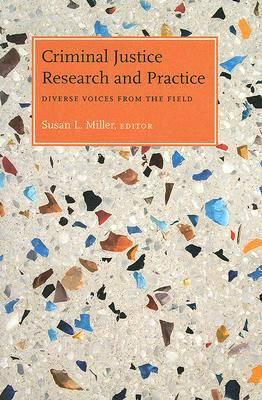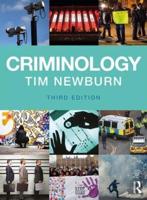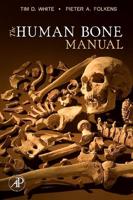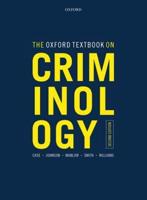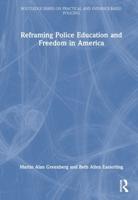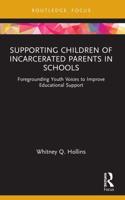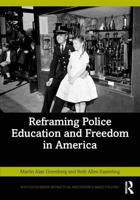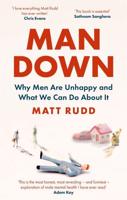Publisher's Synopsis
Each semester, thousands of students choose introductory courses in criminology, criminal justice, and sociology. Many are motivated to do so by a strong desire to help others and to make a positive contribution to society. But turning these feelings into postgraduate careers remains a challenge. Some students choose law school, while others become police officers, but there are many other options. This book offers guidance to students interested in working in the broad field of criminal justice, but who are unclear as to what direction to take. Further, it posits that understanding differences between people-race/ethnicity, gender, social class, sexual orientation-is a critical component of any fulfilling career in criminal justice. Essays by leading scholars, practitioners, and advocates delineate the latest feminist and methodological approaches in criminological research and offer a hands-on look at how lawyers, public sociologists, academics, and federal researchers grapple with issues of race, class, and gender in their work. This book exposes students to a greater understanding of the range of career opportunities available in criminal justice and criminology: as researchers, professionals, activists, teachers, and practitioners. Examining diversity across these three dimensions, this anthology will become a standard text for introductory criminal justice, criminology, and sociology courses, as well as an invaluable guide for students and ordinary people interested in a career in the criminal justice field.
